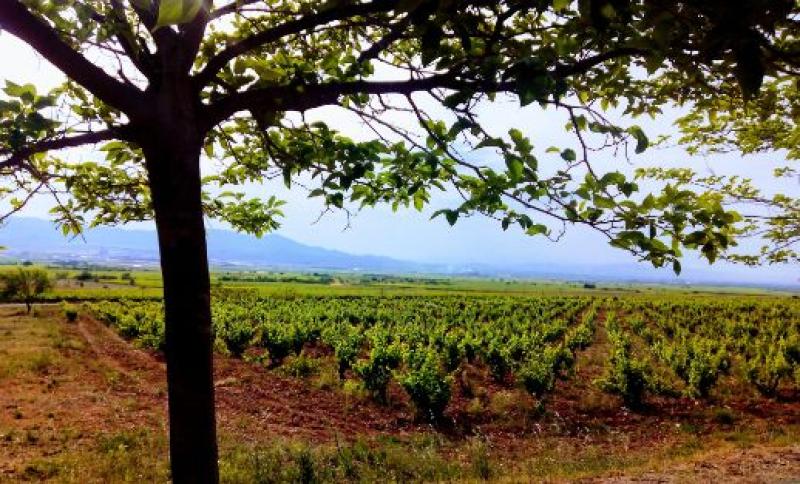The Government allocates 23.3 million euros to Extremadura for the wine sector and animal and plant health

The Government allocates 23.3 million euros to Extremadura for the wine sector and animal and plant health
The Sectoral Conference on Agriculture and Rural Development held this Monday by videoconference, has agreed to allocate 23.3 million euros to Extremadura for the wine sector and animal and plant health, with the following distribution:
ISV: "Restructuring and reconversion"
- Amount 2026: 10.156.951.74
- Amount 2027 (biennial operating needs): 4.669.579.19
ISV: "Investment"
- Amount 2026 (1st annuity allocation): 4.351.820.00
- Amount 2027 (maximum grant 2nd annuity): 411,081,16
Agricultural Health:
- Pests: 698.609.03
- Animal diseases: 3.090.052.87
TOTAL: 23.378.093.99
In total, the territorial distribution between the communities amounts to just over 212 million euros to finance various interventions to support the wine sector and animal and plant health measures.
Wine sector
The majority of this amount, more than 195 million euros, correspond to actions contemplated in the Wine Sector Intervention of the Common Agricultural Policy in two differentiated lines of action: restructuring and conversion of vineyards (105.9 million euros) and aid for investments in processing facilities, infrastructures and marketing instruments (89.2 million euros).
The approved allocation of amounts includes the allocations for these programmes in the year 2026 and the financial requirements for the financial year 2027. The Minister of Agriculture, Fisheries and Food, Luis Planas, explained that it is very important to make the distribution at this time so that the autonomous communities can manage the payment of the pending files and approve the new applications.
Thus, in the case of aid for the reconversion and restructuring of vineyards, initially 73.8 million euros are allocated for payments in 2026 and 32 million euros for the financial needs of the year 2027, depending on the requests made by the autonomous communities.
For the aid for investments in facilities, infrastructures and marketing instruments, 67.5 million euros are allocated for the first annuality (2026) and 21.7 million euros for the second (2027). These grants will finance 340 operations whose applications have obtained the maximum score in the call for grants.
Castilla y León has the largest number of operations (69), followed by Castilla-La Mancha (62), Basque Country (51), Catalonia (30), Galicia (30), Valencian Community (23), Extremadura (21), La Rioja (16), Andalusia (11), Balearic Islands (8), Aragon (7), Murcia (7) Navarre (3) Canary Islands (1) and Madrid (1).
Plant health
For the financing of pest control and eradication programs, the Sectoral Conference has agreed the territorial distribution of 8,930,292 euros, which will prioritize the fight against those diseases that have a greater impact on plant production or trade.
In animal health, 8,193,286 euros are allocated to state disease eradication programmes. The measures include compensation for compulsory slaughter of animals positive for diseases subject to eradication such as tuberculosis, transmissible spongiform encephalopathy or salmonellosis, as well as programmes for surveillance and repopulation of farms subject to a sanitary vacuum for compulsory slaughter.
Generational relay
At the Sectoral Conference, Minister Luis Planas explained to the regional councillors the document with measures to favor the generational change proposed by the ministry that was previously sent to them.
The minister has told the regional councillors that the generational change is a complex and urgent challenge that requires the joint commitment of all administrations and the sector and a collaborative work to offer real and effective responses. And the most effective way, explained Planas, is to ensure the profitability of the farms so that the activity becomes attractive to young people.
To this end, the document includes proposals in different areas such as improving access to land and credit for young people, training to strengthen capacities, flexibilization and optimization of specific public aid, the promotion of digitalization, promoting the social prestige of the agricultural profession and other transversal actions that make the exercise of activity and life in rural areas more attractive.
These proposals will be Spain’s contribution to the European generational relay strategy that the European Commission will present in the autumn.